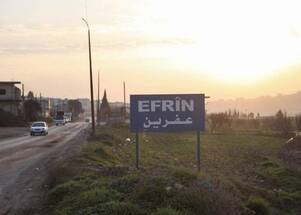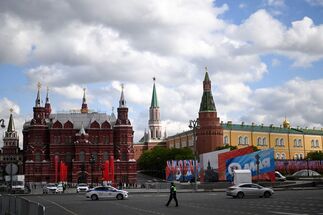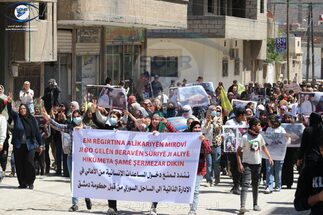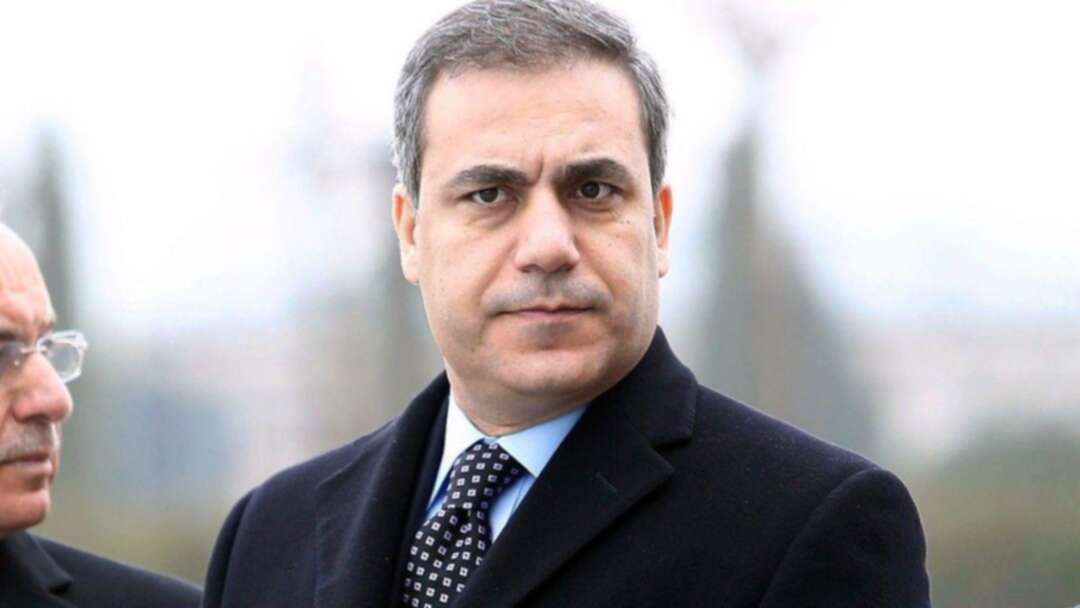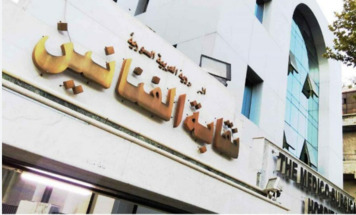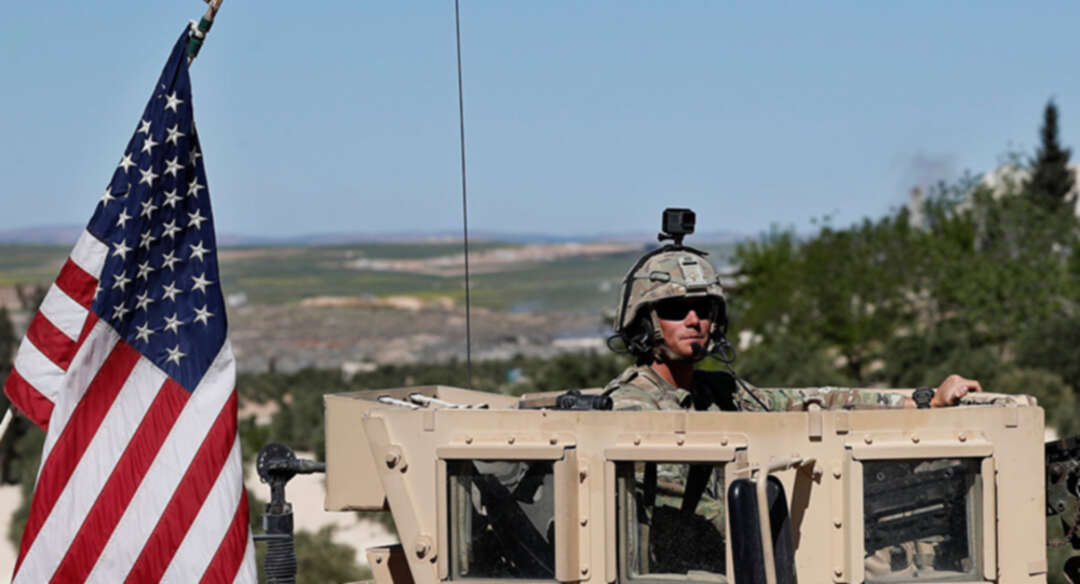-
Beirut port explosion: Five months on
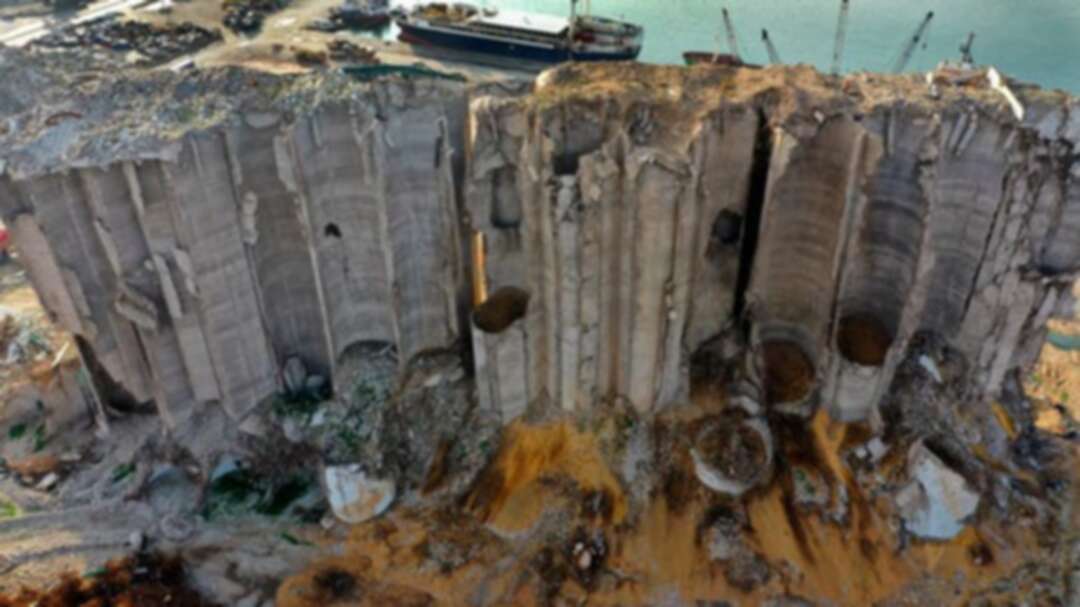
The fate that befell the Lebanese nation on August 4, 2020 was a tragic one. The port of Beirut saw a large amount of ammonium nitrate, explode, leading to over 200 deaths and around 7,500 injuries.
Stored in a warehouse for six years, the Beirut blast was one of the biggest non-nuclear explosions to ever be recorded. It left the Lebanese capital in ruins. The property damage of the explosion amounted to $15 billion, leaving over 300,000 people homeless. A country, which was already grappling with a global pandemic, incomprehensible national debt and no stable government, was now on the brink of famine.
There were 2,750 tons of explosive material stored at the port with little safety measures taken into consideration. Surrounded by residential areas, the warehouse's contents was a disaster waiting to happen.
When firefighters were initially sent there to put out the fire, the government and those who were aware of the stored explosive substances, were aware of the extent to which this could have spun out of control.
Instead of warning the residents in the nearby areas or declaring a state of emergency for the capital, they sent the firefighters to their death and allowed the explosion to completely and absolutely ravage the Lebanese capital.
Lebanese government officials are yet to disclose the culprit(s) behind the storage of the explosive material. Many senior officials have already been detained, some of which included the port’s head of customs and general manager. The country’s caretaker prime minister Hassan Diab and three ex-ministers were also charged with negligence.
This eventually caused Diab and his cabinet to resign after only taking office at the beginning of 2020.
According to Reuters, security officials warned both the prime minister and the president a month prior to the blast that the ammonium nitrate posed a serious security risk, and that it had the potential to destroy the capital.
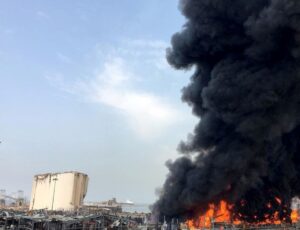 Smoke rises from Beirut's port area. (Reuters)
Smoke rises from Beirut's port area. (Reuters)The aftermath of the explosion was badly managed by the politicians, causing anger to grow which led to more protests and an economic crisis with no light at the end of the tunnel.
According to the Economist Intelligence Unit’s analysis, Lebanon’s economy shrank by 20.7 percent in 2020 and is projected to contract by a further 6.3 percent in 2021 due to the pandemic, devaluation of the currency, hyperinflation, debt and an inevitable decrease in private consumption.
It has been over five months since the explosion, and no solid resolution or recovery plan is in motion to deal with both the economic and political crises.
“The Beirut Port explosion inflicted huge human and material damages unseen in Lebanon since the Civil War. The damages exceeded the capacity of Lebanon to sustain in the shirt to medium term,” said Marwan Barakat, Chief Economist and head of Research at Bank Audi.
The World Bank estimates that the direct damages from the blast and indirect spillover on the economy amounted to no less than $8 billion.
“Lebanon was already caught up in an unprecedented macro crisis that drove it into real sector depression, monetary drift and huge socio-economic pressures. The blast is set to worsen the economic conditions even further, disregarding any foreign assistance that Lebanon received or is apt to receive. Central Bank’s Liquid FX reserves are already at a low of USD 17 billion and are getting depleted at a significant pace, weakening the remaining buffers of the economy,” added Barakat.
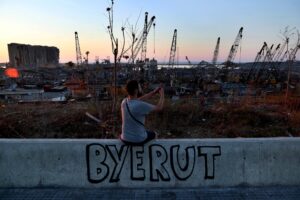 A man uses his phone to take a picture of the site of the Aug. 4 explosion that hit the seaport of Beirut, Lebanon, Sunday, Aug. 16, 2020. (AP)
A man uses his phone to take a picture of the site of the Aug. 4 explosion that hit the seaport of Beirut, Lebanon, Sunday, Aug. 16, 2020. (AP)“The economic crisis erupted during the last quarter of 2019, followed by the state’s default on its foreign currency debt and the pandemic spillovers during the first quarter of 2020. Then came the COVID-19 pandemic spillovers and the Beirut Port blast during the second quarter of the year. The third and last quarters of 2020 saw the domestic political bickering with regards to cabinet formation,” he said.
These are several factors that heavily affected real sector performance and money generation. This exerted some significant pressures on the socioeconomic conditions of Lebanese households.”
“The blast exacerbated an economy which was in free-fall since October 2019, after which came the challenges brought about by the COVID-19 pandemic,” said Beirut-based political economist and author, Marina Chamma. “This collapse has been in the making for 30 years. Lebanon has not had a sustainable and equitable official economic vision since the end of the civil war, nor a genuine willingness to implement any such policies for that purpose.”
The IMF estimated real GDP growth at -25 percent in 2020 and end-of-year inflation at 145 percent.
By the end of 2020, Lebanon became the third worst performing economy worldwide after Venezuela and Libya.
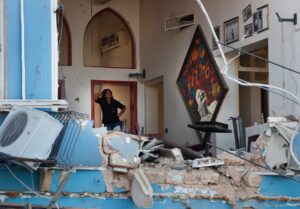 A woman stands inside a damaged restaurant a day after an explosion hit the seaport of Beirut, Lebanon, Wednesday, Aug. 5, 2020. (AP)
A woman stands inside a damaged restaurant a day after an explosion hit the seaport of Beirut, Lebanon, Wednesday, Aug. 5, 2020. (AP)Barakat noted that Lebanon’s GDP per capita fell from $7,000 in 2019 to $2800 in 2020, with 50 countries around the world outpacing Lebanon’s ranking by GDP per capita in one year.
The solution, according to Barakat, is a “crisis exit strategy to be formed by a credible upcoming government that would have to address five major economic challenges”.
Barakat notes that the five fundamental challenges are: the currency situation; reforming the banking system; adjusting the large imbalances at the level of public finances that creates vulnerability to the Lebanese economy, susceptible adjusting the external sector that is widening imbalances and fostering economic growth, and opportunities.
“At this point, we're beyond the need for solutions, visions and strategies, of which we have tons pilling up dust over decades. What we need is a will to implement them. From combating corruption, overhauling infrastructure, establishing socio-economic protection for over 50% of the population at the poverty line and everything in between,” said Chamma. “It sounds cliché because it is. Just because we're hitting rock bottom, doesn't mean that what has to be done is any different- it is simply more painful.
“I believe there can't be economic recovery without sound or at least stable political foundations to work from. This also entails the realization that the same system (and people) that got us in this mess can't possibly get us out of it,” she added.
source: Tala Michel Issa
Image source: AP
Levant
You May Also Like
Popular Posts
Caricature
BENEFIT Sponsors Gulf Uni...
- April 17, 2025
BENEFIT, the Kingdom’s innovator and leading company in Fintech and electronic financial transactions service, has announced its sponsorship of the “Innovation and Sustainable Technology Solutions Competition (GU - IST Solutions), hosted by Gulf University at its main campus.
This strategic sponsorship reflects BENEFIT’s active role in advancing technological innovation and fostering sustainable solutions to future challenges. It also seeks to empower Bahraini youth by enhancing their skills, capabilities, and competitiveness in innovation and solution development—contributing meaningfully to the broader goals of sustainable development across all sectors.
As part of BENEFIT’s active involvement in the competition, the company has announced that Hanan Abdulla Hasan, Senior Manager of Public Relations and Communication, will serve on the competition’s supervisory committee. Her upcoming participation reflects BENEFIT’s forward-looking commitment to championing academic and professional excellence.
Commenting on the occasion, Hanan Abdulla Hasan, Senior Manager of Public Relations and Communication at BENEFIT, said, “We are privileged to support this pioneering initiative, which aligns seamlessly with BENEFIT’s enduring commitment to fostering innovation and nurturing the potential of Bahrain’s youth. Our participation is rooted in a deep sense of social responsibility and a firm belief in the pivotal role of innovation in shaping a sustainable future. Through such platforms, we seek to empower the next generation with the knowledge, skills, and foresight required to develop impactful solutions that address future challenges, in line with the United Nations Sustainable Development Goals 2030.”
Dr. Aseel Al Ayash Dean of the College of Engineering in Gulf University commented, “We extend our sincere gratitude to BENEFIT for their generous sponsorship and support of the Innovation and Sustainable Technology Solutions Competition. This contribution plays an instrumental role in helping us achieve the strategic goals of this initiative, namely, cultivating a culture of innovation and sustainability, encouraging efforts that address the imperatives of sustainable development, and enhancing the practical and professional capabilities of our students and participants.”
The event will bring together a diverse spectrum of participants, including secondary school students, university undergraduates, engineers, industry professionals, entrepreneurs, academic researchers, and subject matter experts representing a wide range of disciplines.
The competition seeks to inspire participants to develop and present innovative, sustainable technologies aimed at addressing pressing environmental, social, and economic challenges. It encourages the formulation of business models that integrate advanced technological solutions with core principles of sustainability. Moreover, it serves as a platform for emerging leaders, entrepreneurs, and innovators to contribute to the advancement of the Sustainable Development Goals, promote the ethos of responsible technology, and demonstrate its transformative potential across various sectors.
Attendees will have the opportunity to view a series of project presentations submitted by participants, covering diverse areas such as eco-friendly product design, smart and sustainable innovations, renewable energy technologies, water conservation and management, waste minimisation and recycling, green architectural solutions, and sustainable transportation systems. Outstanding projects will be formally recognised and awarded at the conclusion of the event.
opinion
Report
ads
Newsletter
Subscribe to our mailing list to get the new updates!

